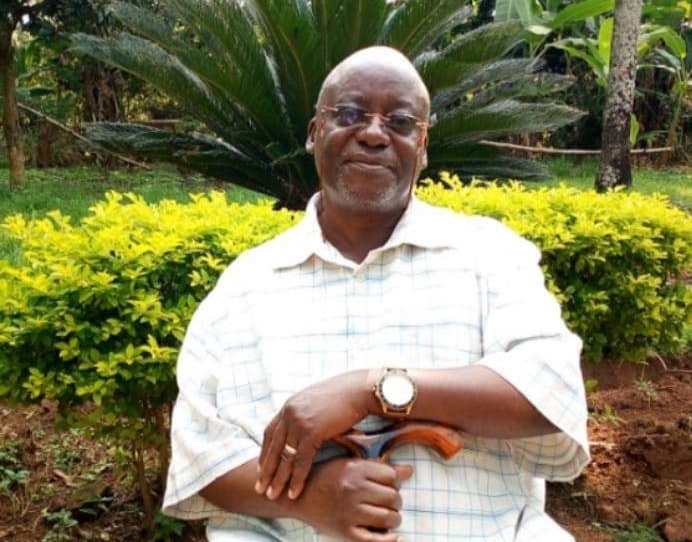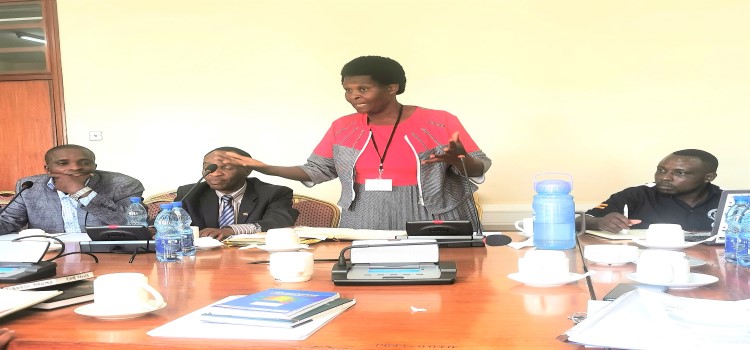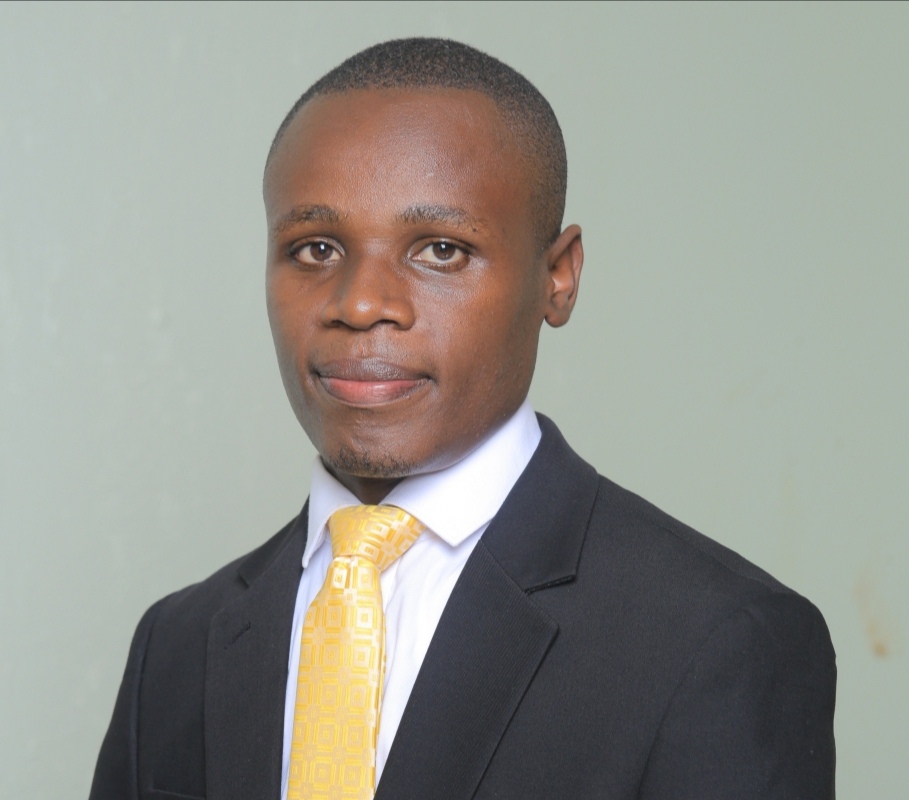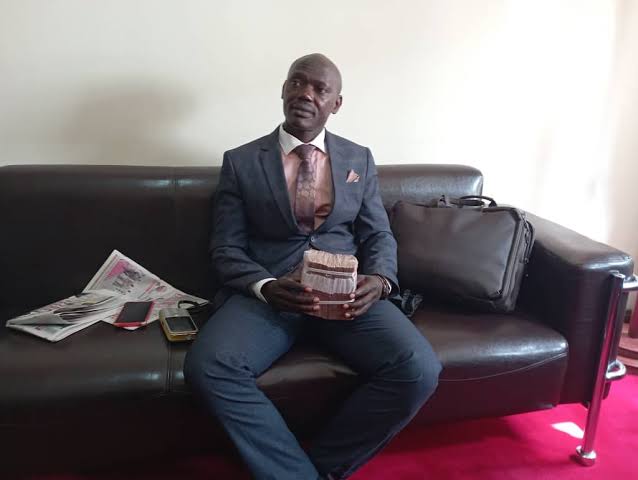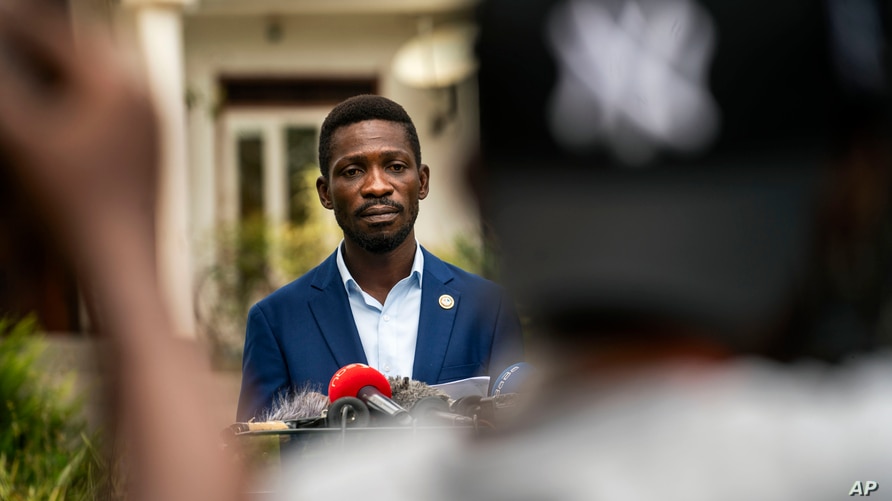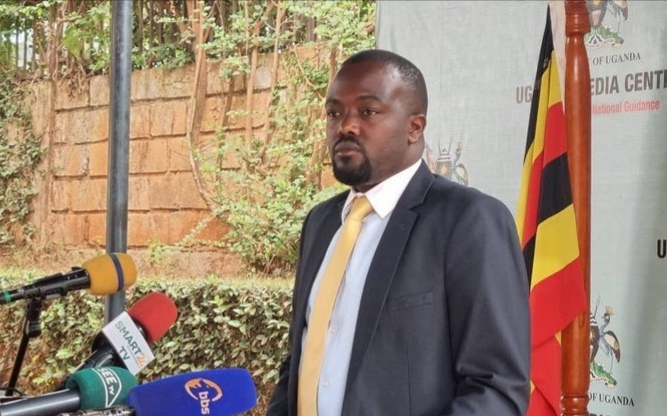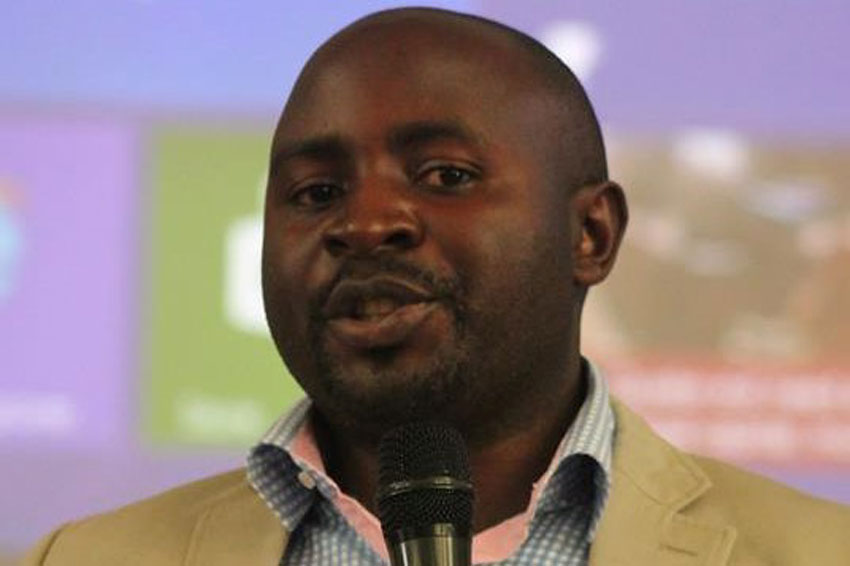Not very long ago, I wrote an article “Why I abhor discrimination in Education’s Uganda.” I claimed that discrimination was being introduced in education in Uganda via the educational strategies of the National Resistance Movement (NRM) called Universal Primary Education and Universal Secondary Education. I was tempted to claim so because not many products of these strategies are making it into universities, the majority the expensive schools, where today most children of the unfairly rich of Uganda pursue their education. I was concerned about the rising school dropout rate and plummeting quality of education in the UPE and USE schools and the falling quality of intellectual capital, knowledge production, debating skills and priotization of issues in Uganda’s education.
I was equally concerned about the quality of scholars produced in the country since PresidentTibuhaburwa Museveni launched UPE in 1997. In particular I deplored the very low level of critical thinking and critical analysis, This reflects the growing cloud of fear and silence in the country especially since 1996, when it became increasingly clear that President Tibuhaburwa Museveni wanted to be an absolute ruler of Uganda to take advantage of the Uganda Constitution 1995. He had presided over the making of this Constitution, which invested all power and authority in the institution of President far more than the Uganda Constitution 1967 had.
When one talks of discrimination in education’s Uganda, one brings Uganda in the bracket of the defunct South Africa, which used education as a powerful social tool for sowing the mustard seed of apartheid-like governance during the reign of the purist racist Boers. By saying that the re is discrimination in Uganda’s education, therefore, one is suggesting that education is being used to saw an apartheid-like type of governance based on ethnicity as it was in South Africa.
However, the strategy of discrimination in education is a strategy of miseducation of the masses for the benefit of a small ethnic group in power. However, the strategy did not start in South Africa and then spill over into Uganda belatedly to serve the interests of Uganda’s rulers today. It started in the United States of America where the whites there did it to the Negroes (Black People) as a means to control their thinking and actions. The whites did not want the Negroes to think beyond a certain point, which would limit their capacity to engage in actions that would improve their situation.
I have been reading a book by Dr. Carter G. Woodson (1875-1950) titled “The Miseducation of the Negro”. I was tempted in my mind to construct a similar title to fit the situation of the indigenous Ugandans under President Museveni’s politico-military regime since 1986. Just like was the case in USA, President Museveni and Team, principally the President and his wife, who is the Minister for Education, are entrenching an education system in which the indigenous Ugandans ultimately do not have equal opportunity to meaningful and effective education, knowledge, wisdom, understanding and insights in the 21st Century and beyond. This was precisely the vision of the discriminatory rulers of USA and South Africa in the 20th Century. Fortunately, the vision was left behind in the 20th Century.
It is becoming more and more apparent that indigenous Ugandans should unite to reject the plot against their future generations, which is what UPE and USE represent. The reasoning that UPE and USE are enabling children of the poor to get education is a lame one. So many of them are not only increasingly dropping out of school but those who persist are getting half-baked education. Yet in the past not so many were dropping out of school. Both the children of the rich and poor were exposed to the same education. Local administrations were empowered to take care of their children in terms of bursaries at all levels of education. Even if one dropped out of education, one had enough knowledge and skills to start off outside school.
Fortunately, also agriculture and technical education were taken more seriously that they are today. Most school dropouts were absorbed in agriculture and technical education.
Therefore, if government cares about the huge school dropouts, which is unlikely, since all it has wanted was to have an army of voters, it must rethink agriculture and technical education. The two should be more of practical spheres of human endeavor than theoretical for just passing examinations.
Covid 19 showed how ineffectively the Uganda Government managed education. For two years, Uganda was the only country in the world that completely closed schools, ostensibly to protect children from Covid 19. Yet studies everywhere in the world showed that children were least affected by the disease. The country has never recovered from the government action to close schools. Unfortunately, while the absolute majority of the children of the poor and needy of Uganda were kept out of school, those of the rich and powerful never stopped learning, either inside or out side the country. This made some Ugandans think that the government action was a plot against the poor and needy of the country. Many children have never gone back to school since government reopened schools. One reason was that many parents lost their income sources and could not take their children back to school. Another reason was that many girls got impregnated outside school. Yet another reason was that children started to do all kinds of jobs to earn either to support themselves or their families.
Ebola Sudan, which struck first in Mubende and surrounding districts confirmed how ineffectively government mismanages education and promotes miseducation of the poor and needy of Uganda. Although this time round government did not lock the country and schools en masse, it instructed school heads two weeks earlier than arranged by the Ministry of Education. This meant that school heads could not have their teachers completing the term’s curriculum or syllabus. It was continuing mismanagement of education, which would further miseducation of a generation of Ugandans. Apparently, as schools were being closed prematurely, some activities which allowed large numbers of people, belonging to the increasingly deepening Deep State, to congregate in Kampala.
I have been blamed for lamenting almost as much as the lamenter in the Book of Lamentations in the Book. Lamentations take over in an increasingly closed State, where there is an increasingly declining number of people who can formulate or identify good and timely problems, in an environment increasingly dominated by silence and fear due to excesses of all type and manner.
Instead a rising number of people rash or pretend to provide answers to ill-defined or poorly defined problems either to depict themselves as still useful or to make easy money, of course at the expense of country and people. Unfortunately, their solutions become the new problems, for which we are not prepared. They become integral to the complex of ill-defined and poorly identified problems. We end up being rich in that complex but very poor in formulating and identifying problems in a more professional manner. This is confounded by the increasing tendency to put people in wrong positions on the basis of technical-know-who, not professionalism. Such people just occupy positions and consume money, time and money but do not help the country to rise out of its political, economic, social, ecological and environmental quagmire. They are the type of people who will never want the status quo to change.
They spend most of their time and singing praises, worshipping and glorifying rulers and defending them against critics. They are also a type who will get out of their offices and join political campaigns for those who recruited them on the basis of technical-know-how. Their aggregate and ultimate impact on development, transformation and progress of a country and its people is mismanagement and misapplication of the most critical resource of change – time. This way if one was a professional one becomes de-professionalized and a burden to the country and its people. The country and its people. The country spent a fortune educating the professionals and is losing a fortune through de-professionalization of the professionals.
There is need to rethink the education of Uganda and its management so that we usher in a one that will begin to produce people of equal opportunity to knowledge, wisdom, understanding and insights instead of perpetuating an education system and practice that favor a small group of people, who increasingly are the best in brain equipment. They exploit the advantage of being in power or close to power.
They perpetuate the culture of power for power’s sake, not development, transformation and progress. These are only possible where education aims at opportunity for all, knowledge for all, wisdom for all, understanding for all and insights for all. Singapore in Asia is doing well in this direction. Discriminations in education occludes development for all, or even health for all. They all remain empty phrases.
We cannot entrench and perpetuate apartheid-type governance of education from where it ended and then pretend to be in for integration of people and economies. We should not forget the best of society always came from the poor who worked on half empty stomachs to produce, create and innovate. Apparently, Jesus and Mohammed did not come from rich families, but influenced and continue to influence both the rich and the poor. We should not deny the poor and needy opportunities. Past education gave opportunity to the poor and needy. That is how the rich and powerful of today denying opportunity to the poor and needy of today came to be what they are. We all ultimately lose if society is grossly divided between the rich and the poor and needy.
People disintegrated educationally cannot promote or be at the centre of integration. They are a roadblock to integration. For integration to be achieved, a government or governments must be committed to an integrating and integrative education system. Short of this, integration becomes just empty talk.
For God and My Country.
Do you have a story in your community or an opinion to share with us: Email us at Submit an Article



